Excelling together
February 15, 2019
Throughout the year, many EL students complain about how difficult science classes are. According to science teacher Amanda Schnepp, learning new vocabulary that has Latin and Greek isn’t the easiest thing for most EL students.
“I have heard some students say they didn’t study a lot of science in their home country,” EL department chair Amy Peddie said. “So when they get to the U.S., science is a new subject area for them.”
A new partner project involving Purdue University and SHS hopes to change the EL students’ performance in science classes and help students understand science better.
“We hope that it will help all students learn science better but especially people who are learning English,” Purdue professor Dr. Amy Ricketts said.
The purpose of the project is to help science teachers learn how to teach EL students in such a diverse school.
The project will last four years. It will only be done in SHS. The first year will mostly be about interviewing students and science and EL teachers that are participating in the project. The Purdue project will interview at least 30 students. Through this, the professors will get to know more about SHS, students, and teachers. Students can sign a paper for participating in an interview. Students can ask their EL teacher for the paper to sign up.
In the second year two EL and two science teachers will be partnering up to support students learning in their classroom. The two science teachers are Melissa Schick and Daryl Traylor. The two EL teachers are Bri Kompara and Amy Peddie.
In the third year, four more teachers will be invited to the project to work together.
In the fourth year the eight teachers who participated in years two and three will share their experiment and share what they learned with other science, engineering and EL teachers.
“The idea is we think that the science teachers have a lot that they can learn from EL teachers, and EL teachers have a lot to learn from science teachers,” Ricketts said.


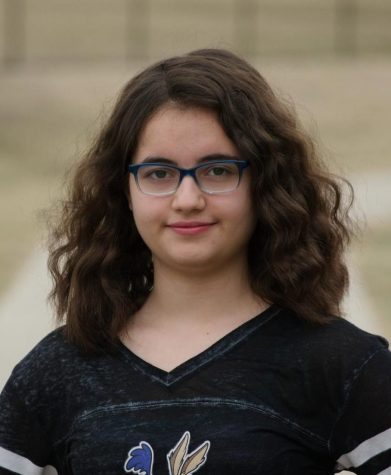
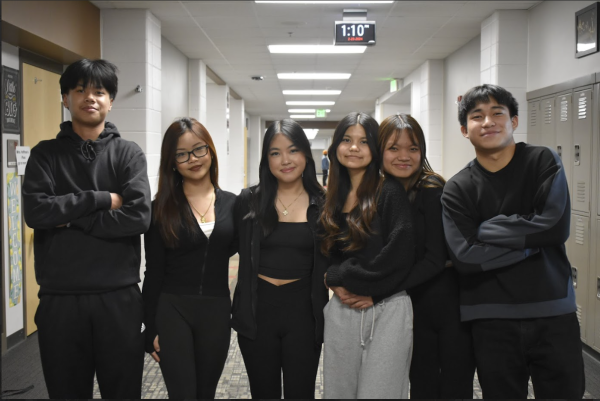
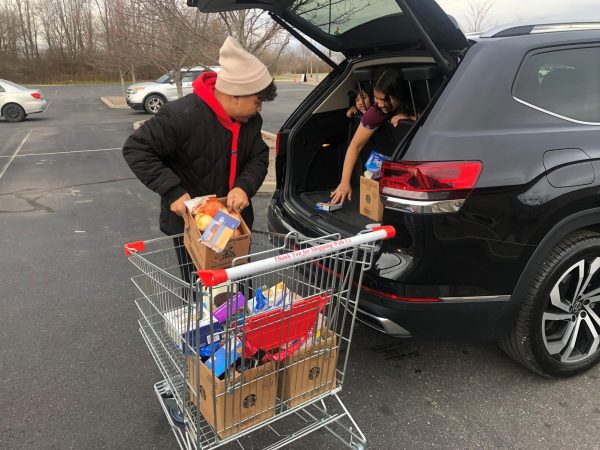
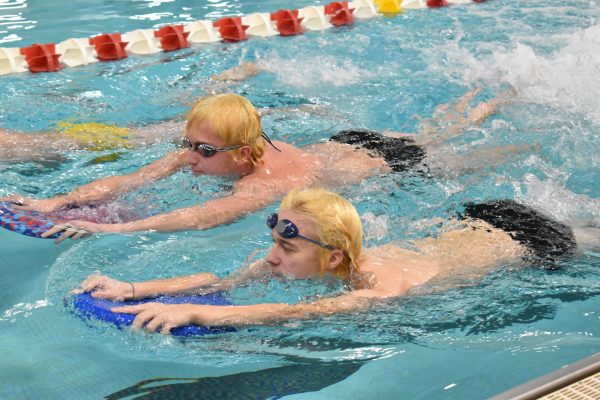

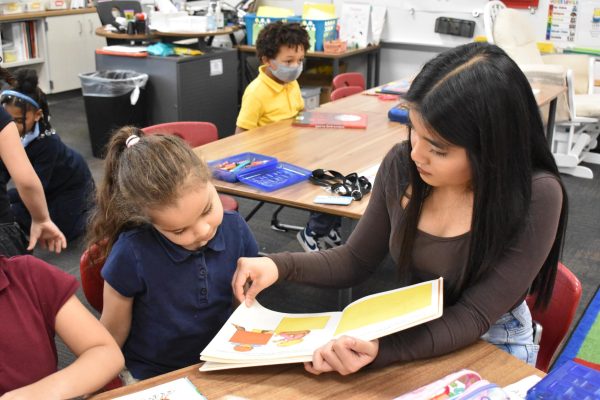
Amy Ricketts • Feb 17, 2019 at 1:24 pm
Well done! Thanks so much for letting the SHS community know about the project.